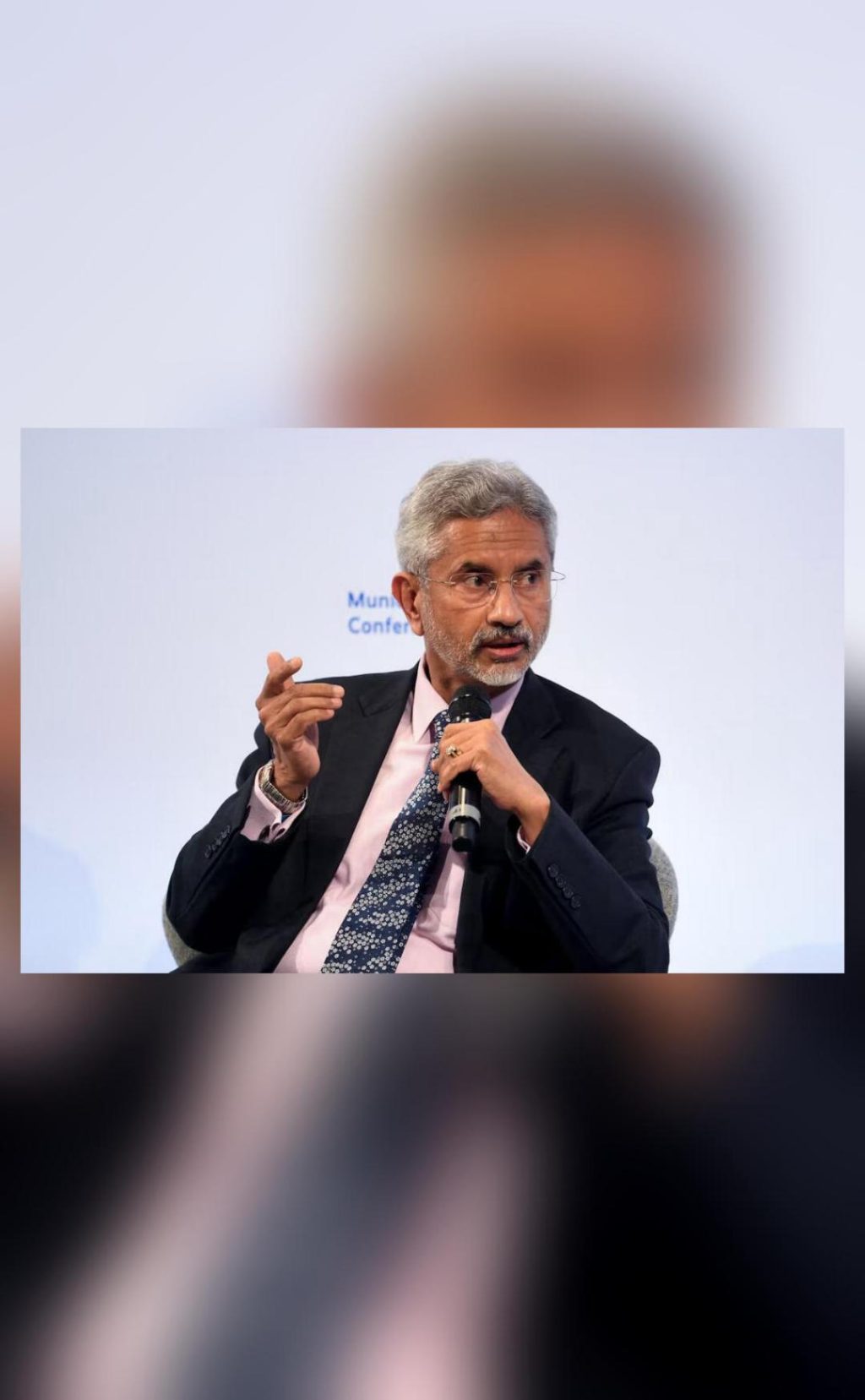
Operating in a Multipolar World is Like Playing a Game of Chess: EAM
The world is entering a new era of global politics, marked by the rise of new powers and the decline of traditional hegemonies. This multipolar world is vastly different from the bipolar era of the past, where a clear divide existed between the United States and the Soviet Union. Today, countries like China, India, and the European Union are emerging as major players on the global stage, reshaping the international landscape.
In this complex and rapidly changing environment, External Affairs Minister S Jaishankar has offered a unique analogy to describe the challenges of operating in a multipolar world. Speaking at the Brussels Forum 2025, Jaishankar compared navigating this new world order to playing a game of chess.
“In a multipolar world…You are more selfish, but you also have to be more realistic and, in some ways, smarter in trying,” Jaishankar said. “You have got to see many more moves ahead,” he added.
Jaishankar’s analogy is particularly apt, as it highlights the need for countries to adopt a strategic and nuanced approach in this new era of global politics. In a game of chess, each player must carefully consider their next move, taking into account the strengths and weaknesses of their opponent, as well as the potential consequences of their actions.
Similarly, in a multipolar world, countries must adopt a long-term perspective, recognizing that their actions today will have far-reaching consequences in the future. This requires a high degree of strategic thinking, as countries must balance their own interests with the need to maintain stable and cooperative relationships with other nations.
One of the key challenges of operating in a multipolar world is the need to navigate complex webs of relationships and alliances. In a game of chess, players must be able to anticipate the moves of their opponents and adapt their strategy accordingly. Similarly, in global politics, countries must be able to navigate the intricacies of international diplomacy, building alliances and negotiating agreements that serve their national interests.
Jaishankar’s comment also highlights the importance of realism in international relations. In a multipolar world, countries cannot afford to be idealistic or naive, as the stakes are higher and the consequences of failure are greater. Instead, they must be willing to negotiate and compromise, recognizing that their goals may not always be achievable through unilateral action.
Another key aspect of operating in a multipolar world is the need for countries to be more “selfish” than they might have been in the past. This does not mean that countries should become isolationist or protectionist, but rather that they should prioritize their own interests and not be afraid to assert them.
In a game of chess, each player is ultimately seeking to checkmate their opponent. Similarly, in global politics, countries are often seeking to achieve their own objectives, whether it be economic, military, or political. However, in a multipolar world, this pursuit of self-interest must be balanced with a recognition of the interdependence of nations and the need for cooperation.
Jaishankar’s analogy also highlights the need for countries to be more flexible and adaptable in their approach to global politics. In a game of chess, players must be willing to pivot and adjust their strategy in response to changing circumstances. Similarly, in a multipolar world, countries must be able to adapt to shifting power dynamics and new challenges, recognizing that the status quo is unlikely to remain static.
In conclusion, Jaishankar’s analogy of operating in a multipolar world as playing a game of chess is a powerful reminder of the challenges and opportunities that lie ahead. As countries navigate this complex and rapidly changing environment, they must adopt a strategic and nuanced approach, recognizing the need to balance their own interests with the need for cooperation and stability.
As Jaishankar himself noted, “You have got to see many more moves ahead” in a multipolar world. This requires a high degree of strategic thinking, a willingness to adapt and pivot, and a recognition of the interdependence of nations. By adopting this approach, countries can navigate the challenges of the multipolar world and achieve their goals in a rapidly changing global landscape.



